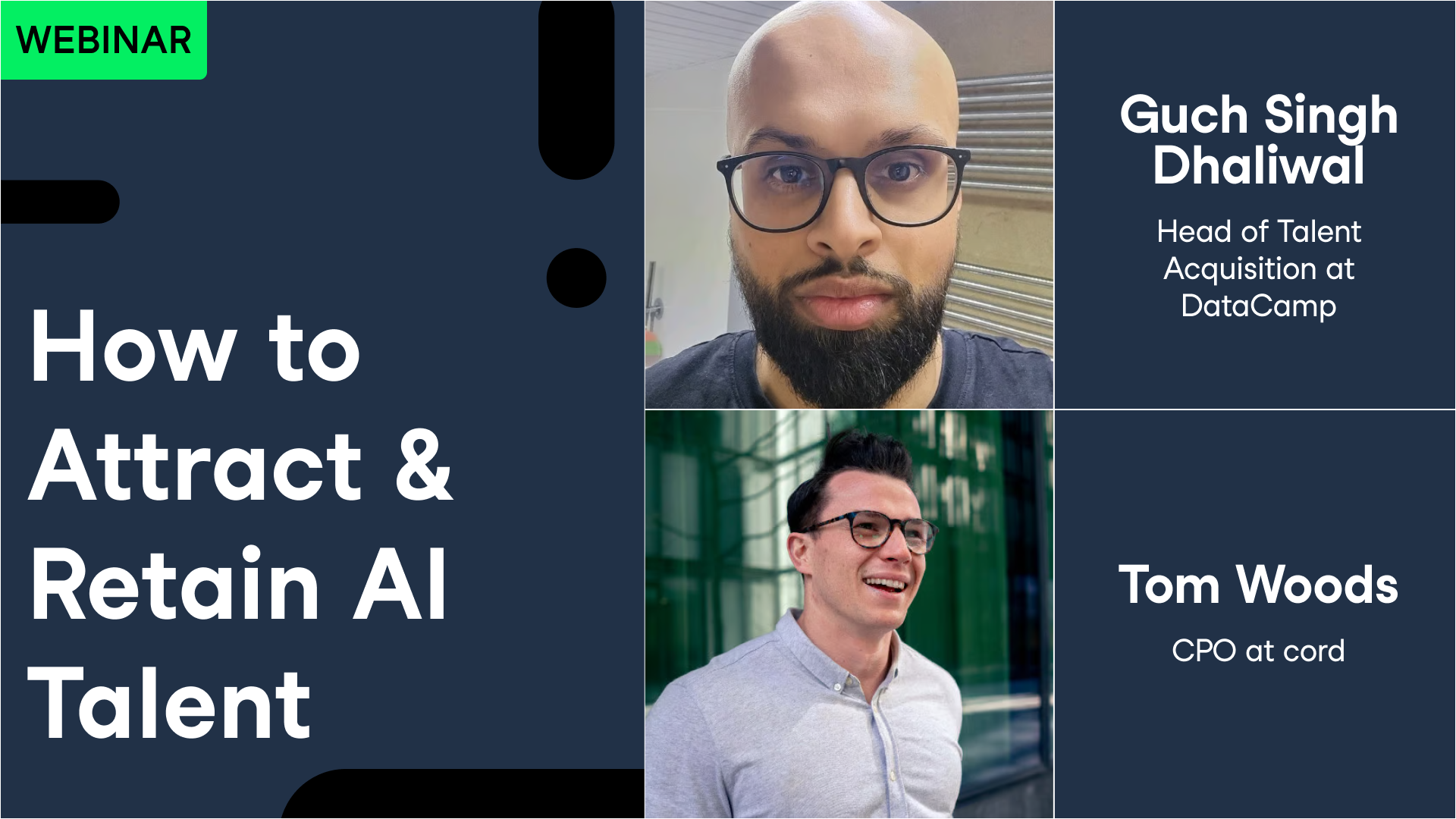Skip to main content
Related
white paper
The Learning Leader's Guide to AI Literacy
Find out how learning leaders should be approaching AI literacy within their organization, focusing on the what, why, and how of fostering organization-wide AI literacy.webinar
Spreading Data & AI Literacy Across Your Organization
Learn how to devise a data and AI strategy that aligns with your business strategy, and how to combine technology and training to increase the data and AI literacy across your company for business success.webinar
Spreading Data & AI Literacy Across Your Organization
Learn how to devise a data and AI strategy that aligns with your business strategy, and how to combine technology and training to increase the data and AI literacy across your company for business success.webinar
Designing An Effective AI Literacy Strategy: A How-to Guide for Leaders
Alex Jaimes, CAIO at Dataminr, and Doug Laney, Innovation Fellow at West Monroe, teach you how to develop a strategy to enable all your employees to become AI literate.webinar
Designing An Effective AI Literacy Strategy: A How-to Guide for Leaders
Alex Jaimes, CAIO at Dataminr, and Doug Laney, Innovation Fellow at West Monroe, teach you how to develop a strategy to enable all your employees to become AI literate.webinar


